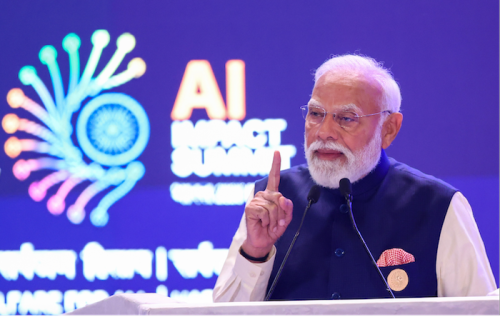Professor Howard is a statutory Professor of Internet Studies and Director of the Oxford Internet Institute. He investigates the impact of digital media on political life around the world, demonstrating how new information technologies are used in both civic engagement and social control in countries around the world. He delivered an invited talk for our AIWS Summit earlier this year, which was focused on the impact of misinformation on manipulation of public opinion.
This week we introduce a new report he co-authored with Samantha Bradshaw, a DPhil student the the Oxford Internet Institute, entitled “The Global Disinformation Order 2019 Global Inventory of Organised Social Media Manipulation”. The NY Times wrote about it in a recent episode.
According to the report, organizations in more than 70 countries “are spreading disinformation to discredit political opponents, bury opposing views and interfere in foreign affairs”. Facebook remains the most popular platform, which is used in 56 countries.
Professor Howard suggests that such online disinformation campaigns are not the work of “lone hackers, or individual activists, or teenagers in the basement doing things for clickbait.” Ms. Bradshaw, the report’s leading, does not see both government regulation and the steps taken by Facebook to combat disinformation go far enough. “To address that you need to look at the algorithm and the underlying business model,” she said.
The report concludes by asking “are social media platforms really creating a space for public deliberation and democracy? Or, are they amplifying content that keeps citizens addicted, disinformed, and angry?
The full report can be found here.










